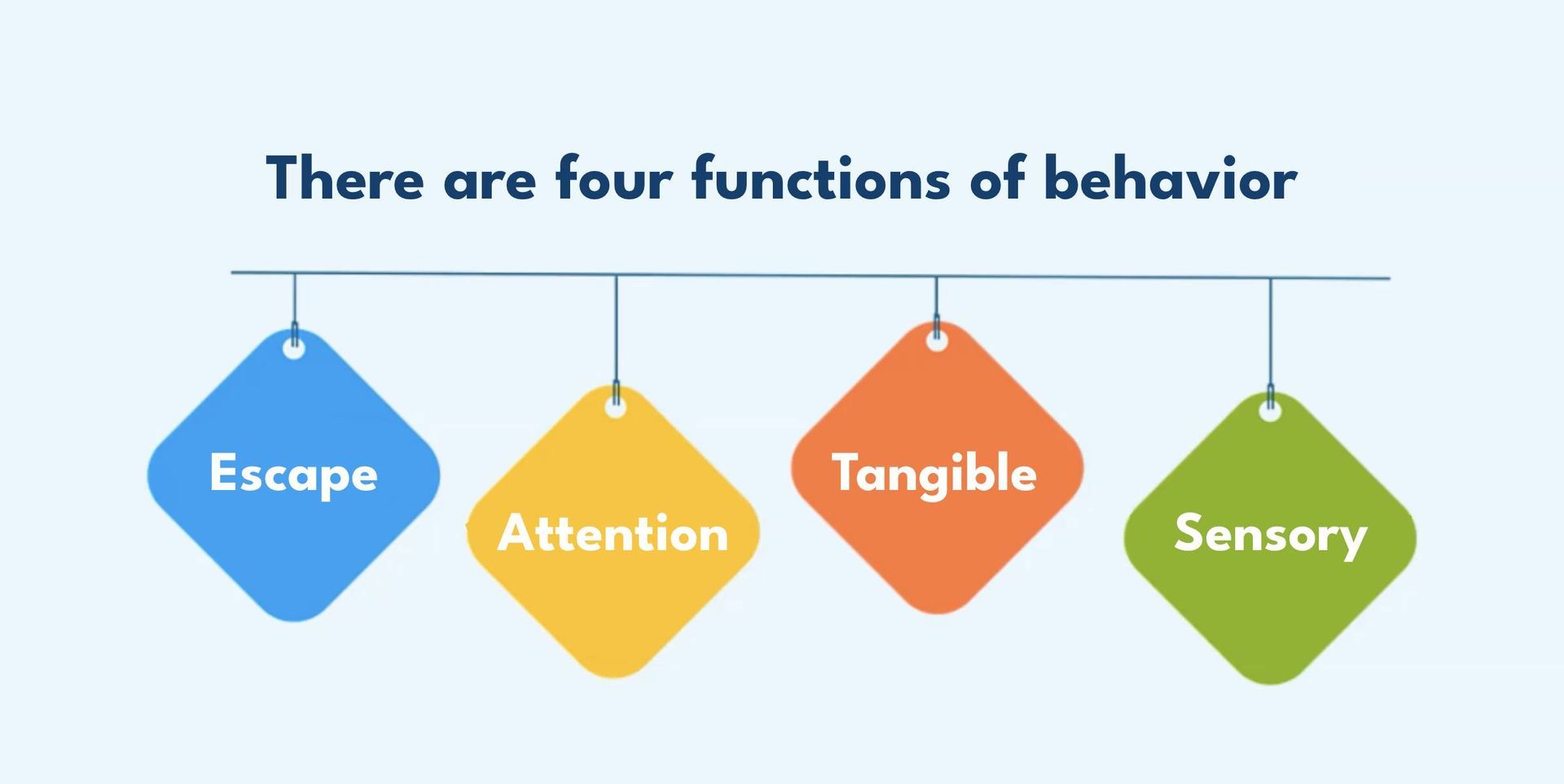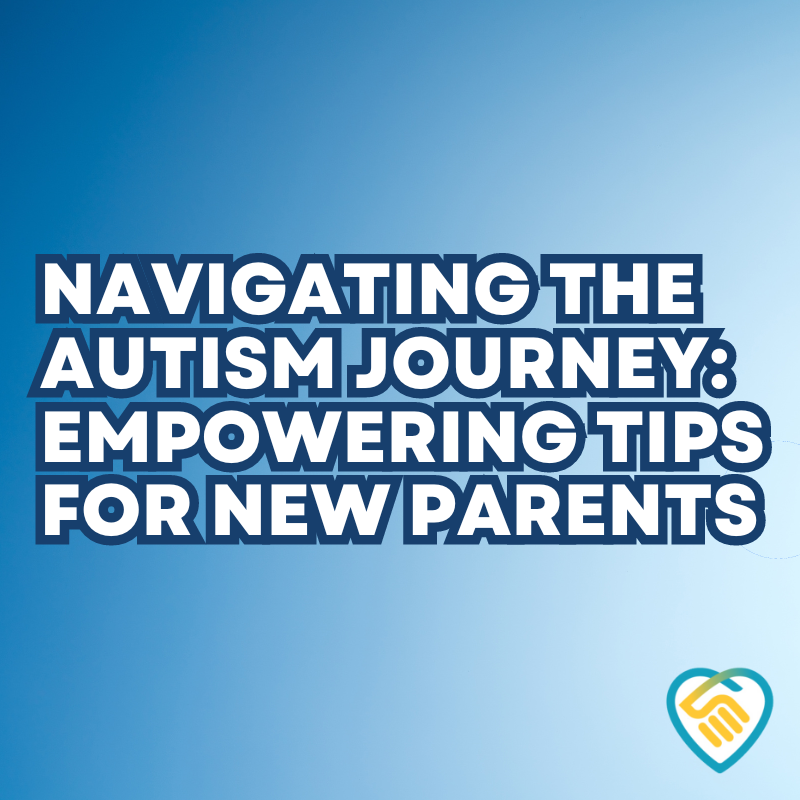Start The School Year Off Strong: A Guide For Parents
The recipe for your best school year yet is simple. Communication+Information+Support= the winning combinations for a fantastic support team and a successful academic school year. Below are suggestions to help build a supportive and strong relationship with your little one’s teacher; and questions to ask before, during, and after an IEP (Individualized Educational Plan) meeting.
Building a solid relationship with your child’s teacher:
- Meet with your child’s teacher as early into the year as possible. Help them get to know your child and build a loving and supportive relationship. A few questions you could ask to help everyone feel as though they’re all on the same team and well-informed could be:
- Can you tell me about your teaching method or philosophy?
- How will you accommodate my child’s learning and behavioral needs in the classroom?
- How can I help? What is the best way to communicate? What are the best ways for me to stay in touch with you to be aware of academic or behavioral progress?
- Would you like me to tell you what works for my child at home?
- What can we do at home to provide extra help?
- Always talk positively about a teacher in front of your child.
- Speaking negatively about your child’s teacher in front of them may create a rift between the two, making the daily routine and expectations that much harder on everyone.
- Keep the Teacher Informed
- Most young children are not future-oriented, so dealing with change can become extremely difficult, sometimes triggering anxiety or tantrums. Keeping your child’s teacher informed about any changes at home can help ensure a peaceful transition. This information can help the teacher understand changes in your child’s classroom behavior and to adjust expectations accordingly. Likewise, encourage your child’s teacher to keep you updated with any classroom changes.
- Recognize the teacher’s efforts.
- All teachers want nothing but the best for the students and will often do whatever it takes to make that happen, even with limited access to resources and time! All too often, though, these sacrifices go unnoticed. Be sure to let your teacher know that you are aware of the different learning styles, needs, personalities, and situations they are working so hard to accommodate all day every day, ensuring that every student feels loved, safe, and supported.
What is an IEP?
The world of education uses a lot of acronyms. Some of them are used daily in ordinary staff conversation, so it can be easy to forget how confusing or similar sounding they may be. Don’t ever be afraid to ask your student’s teacher for an explanation!
IEP stands for Individualized Educational Plan. It is a plan created by a team, parents and teachers included, that ensures a student with a specific diagnosis identified under the law, attending an elementary or secondary educational institution, receives specialized instruction and related services.
Now that you know what an IEP is, what information should you gather when attending one? Don’t stress! We’ve worked with teachers and parents alike to create a detailed list of questions that will help you feel included and informed. Always remember, you are your child’s number one advocate! Say and ask what ever you feel is important. Remember that the teacher and school staff are always in your little one’s corner, too. You two are the two most important members of the team supporting your kiddo every school year.
Questions to ask about the IEP:
Before the meeting:
- Ask the teacher, Have you had a chance to read the IEP/504 yet?
- What accommodations are being made for my child?
- May I have a translator?
- If your preferred language is not English, it is your right to have a translator provided for you. Never be shy about requesting any and all resources that will help make your meeting with the school that much more successful.
- Can you clarify any diagnostic testing results?
- It’s important to walk into or away from this meeting fully understanding any scores. Ask all the questions you need to until you fully understand the data and findings.
- Can we create an agenda for this meeting?
- May I have a copy of my child’s most recent IEP document to follow along as we talk in the meeting?
- Could you please provide me with prior access to copies of the notes/reports that we’ll be going over?
- Who all will be at the meeting?
- This is a great way to prepare questions for specific individuals.
During:
At any time throughout the IEP process, if you have any questions or concerns, it’s important to voice them. You are your child’s best advocate, and you know them best. You should feel comfortable and informed every step of the way. Also, be sure to know the names and roles of everyone in attendance at the meeting. This is a great time to find out how everyone at the meeting knows or works with your child.
- What is the goal of this IEP meeting?
- What can I do at home to support the IEP goals?
- What is my child’s biggest strength?
- Does my child need extra help in any areas?
- How are you implementing accommodations, and how do you know if they are working?
- Is my child performing at grade level?
- What do the assessment results mean for my student?
- What type of learner is my child? Does the teacher attempt to use my child’s strengths while teaching him or her?
- How frequently is my child’s progress monitored?
- Is my child making progress towards his or her IEP goals and the curriculum?
- If a service is not working, how can I work with my child’s IEP Team to explore better services for him or her?
- If my child is in high school, what are the graduation requirements for my child? What are the diploma objectives for my child? What progress has he or she made towards those objectives?
- “I think ____ is missing.” Or, “I disagree with _____.”
- These aren’t questions, but it is important that as a parent, you know you have the right to ask or share this type of information. If you believe a service, accommodation, or support is absent and your child would benefit from it, now is the time to speak up and discuss it.
- Could you tell me about my child’s day so I can understand what it looks like?
- Who will work on that (skill, behavior, etc.) with my child? How? When? Where and how often?
- What does that accommodation/instructional intervention look like in the classroom?
After:
- I’d like to see the final IEP before agreeing to any changes suggested at this meeting. When can I see a copy?
- When will the changes to his program begin?
- How will we let my child know about any program changes?
- Can we make a plan for keeping in touch about how everything is going?
- May I have a copy of the notes the teacher referenced during this meeting?
- If I have questions about the information I'veinformation, I’ve been given about my child’s rights, who’s the person to talk to for answers?
- Who’s the person to contact if I want to call another meeting?
We know this is a lot of information and hope you are able to use this as a guide for starting off this upcoming school year strong!


CONTACT US
Toll-Free: 844-743-6506








